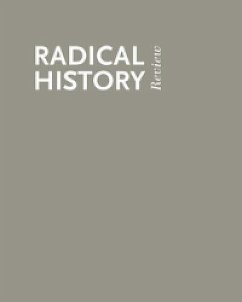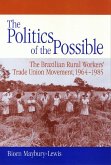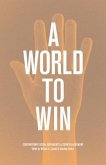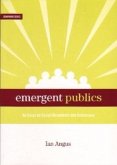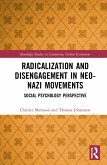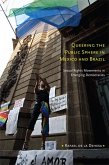Another World Was Possible modifies the slogan of the World Social Forum--an annual meeting formed as an alternative to the more elite World Economic Forum--"Another world is possible!" The change from present to past tense in the phrase acknowledges the importance of social movements from the past century that have worked for alternative visions of justice and freedom leading up to and continuing to influence current movements. This special issue of Radical History Review highlights the global and transnational dimensions of radical history that are less visible in other historical accounts whose horizons are national or local or which are oriented toward either "centers" or "peripheries." By emphasizing social movements and political contention, this issue offers a globalized radical history that enriches the wider field of world history. The collection argues that radical movements offer an intriguing counter-narrative to the more familiar history of imperialism and globalization in the twentieth century. One essay illuminates the radical anticolonial and diasporic South Asian Ghadar movement, which worked to free India from British rule. Another delves into the global politics of South African radicalism between anti-fascism and apartheid in the 1940s and '50s. A third essays explores the encounter between U.S. black activists and Cuban revolutionaries in the 1960s. In an interview, a Latina activist illustrates the transnational scope of contemporary social movements by describing her organizing work among immigrants in Atlanta, Georgia.

